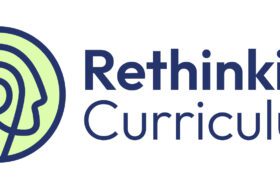RYAN GREEN, DIRECTOR, EMERALDS INTERNATIONAL SCHOOL, PORT SAID, EGYPT
Recent research provides useful frameworks for evaluating the risks and responsibilities involved in adopting AI (artificial intelligence) in schools. Floridi and Cowls (2019) offer principles such as fairness, accountability, and explainability; relevant when assessing tools that automate grading or flag student behaviour. Chelladurai and Bhatia (2023) urge school leaders to interrogate how AI systems function in context, rather than accept them at face value. Heffernan (2022) stresses that digital decisions shape inclusion and equity, particularly in diverse school settings. However, much of the existing literature remains theoretical, with limited guidance on how schools should apply these principles to specific platforms or decision points. There is a gap between ethical frameworks and practical implementation particularly in international schools operating across multiple cultures, curricula and regulatory cont
Join us or sign in now to view the rest of this page
You're viewing this site as a guest, which only allows you to view a limited amount of content.
To view this page and get access to all our resources, join the Chartered College of Teaching (it's free for trainee teachers and half price for ECTs) or log in if you're already a member.











